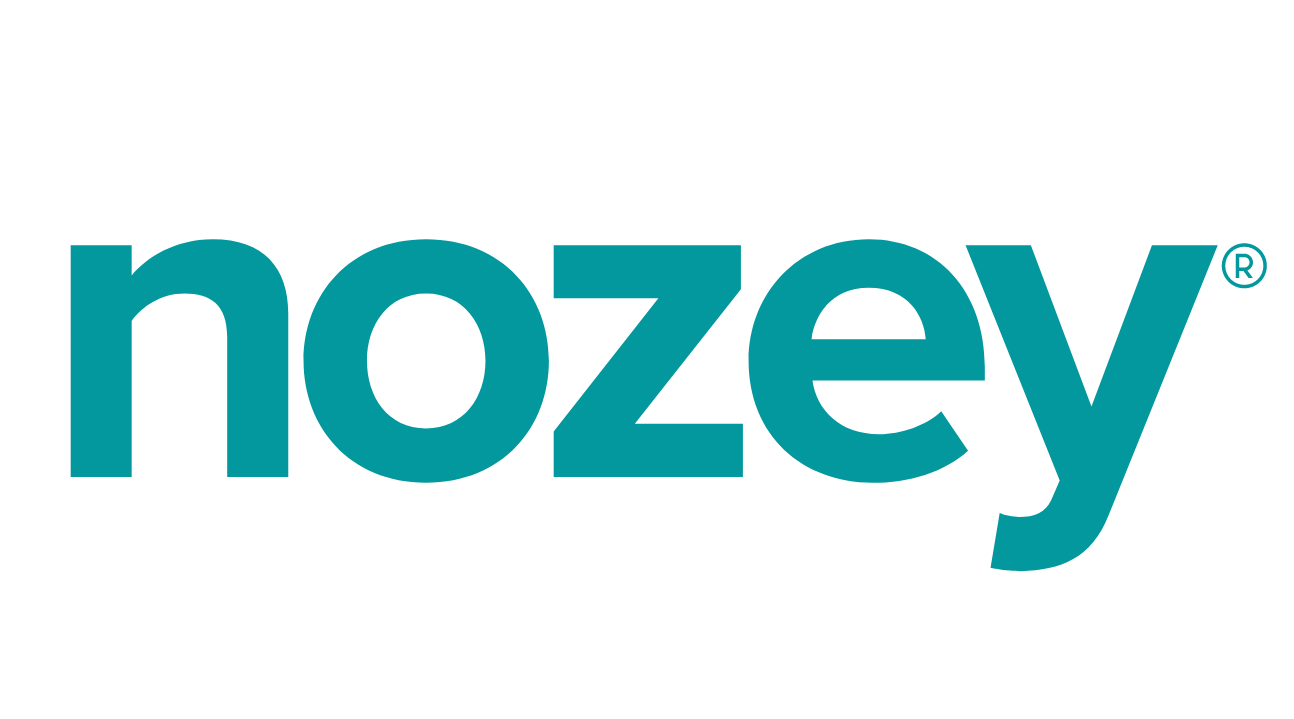
Sleeping Positions & Nasal Health
Unveiling the Best Way to Sleep for Nasal Well-being
Optimal Sleeping Positions
Sleep is vital, but have you ever considered how your sleeping position could be affecting your nasal health? From sleep apnea to nightly congestion, your preferred sleeping posture might be doing more harm than good. In this blog post, we will examine the best and worst sleeping positions for nasal health.

The Intricate Connection Between Sleep & Nasal Health
The nose is not just an organ for smell; it plays a critical role in your respiratory system. A congested nose can lead to restless sleep, and poor sleep can worsen your nasal health—creating a vicious cycle. Understanding this interconnection can help you make better choices for a restful night.
Common Sleeping Positions & Their Impact on Nasal Health
Let's break down the most common sleeping positions and how they might be affecting your nasal well-being:
- Back Sleeper: Lying on your back can cause the tongue to fall backward, potentially obstructing the airway and worsening snoring or sleep apnea. However, it is ideal for spinal alignment.
- Side Sleeper: This position may lessen congestion and is often recommended for people with sleep apnea. But beware, sleeping on the same side every night can lead to facial asymmetry over time.
- Stomach Sleeper: While this position might reduce snoring, it's not recommended due to the stress it places on the neck and back, potentially affecting your airways.
- Fetal Position: This position may be comfortable but can restrict diaphragmatic breathing, leading to less efficient oxygenation during sleep.
Strategies to Optimise Your Sleeping Position for Nasal Health
Here are some actionable tips:
Pillows Matter: Use an orthopaedic or cervical pillow to keep your head elevated and promote better breathing.
Nasal Irrigation: Consider using a saline solution or nasal spray before sleep to keep the nasal passages moist and open.
Positional Therapy: There are devices available that alert you when you are in a sleep position that is bad for your nasal health, allowing you to adjust.
Find Your Sweet Spot for Nasal Health & Sleep
Sleeping positions are not a one-size-fits-all scenario. The best approach is personalised, taking into account your unique health conditions and concerns. Consult with healthcare providers for an approach tailored to your needs.
